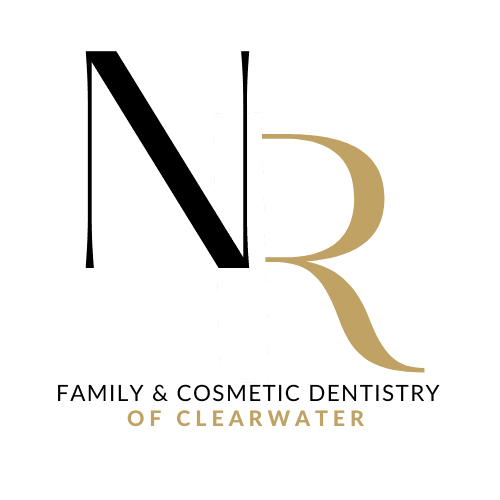Dental anxiety affects many individuals, often leading to a reluctance to seek essential dental care. Dr. Natasha Radosavljevic in Clearwater, FL, understands these concerns and offers sedation dentistry to alleviate fears and provide a comfortable dental experience.

Understanding Dental Anxiety
Several factors contribute to dental anxiety. Previous traumatic experiences often leave lasting impressions, causing patients to associate dental visits with pain and discomfort. The fear of needles, the sound of dental instruments, and the sterile environment of a dental office also add to this anxiety. Additionally, the loss of personal space and the vulnerability associated with lying in a dental chair contribute to nervousness.
Common Symptoms
Patients experiencing dental anxiety exhibit various symptoms. Physical symptoms include sweating, an elevated heart rate, and even trembling. Emotional responses such as intense fear, panic attacks, and restlessness also occur. Some individuals may delay or avoid dental appointments altogether, compromising their oral health.
Impact on Oral Health
Avoiding dental care could lead to several oral health issues. Untreated cavities progress, requiring more invasive treatments. Gum disease develops and worsens over time, potentially resulting in tooth loss. Regular dental visits play a crucial role in maintaining oral health and preventing serious conditions.
Sedation Dentistry
Dr. Natasha Radosavljevic offers a range of sedation options tailored to individual needs. Minimal sedation, often achieved through inhaling nitrous oxide, helps patients relax while remaining fully conscious. Oral sedation involves taking a pill to induce a more profound state of relaxation.
How Sedation Works
Sedation dentistry works by calming the central nervous system, allowing patients to feel relaxed and comfortable. Nitrous oxide, commonly known as “laughing gas,” often produces effects within minutes and wears off quickly. Oral sedation takes about an hour to take effect, promoting a relaxed state throughout the procedure.
Safety Measures in Sedation Dentistry
Safety remains a top priority in sedation dentistry. Dr. Natasha Radosavljevic follows strict protocols to ensure patient well-being. Prior to sedation, a thorough medical history review and consultation help determine the most suitable sedation option. Continuous monitoring of vital signs during the procedure ensures patient safety. Post-procedure care instructions help manage any lingering effects of sedation.
Overcoming Fear of the Dentist
Communication with Dental Team
Effective communication with the dental team could alleviate anxiety. Dr. Natasha Radosavljevic encourages patients to express their fears and concerns openly. By understanding specific triggers, the dental team tailors the experience to meet individual needs. Discussing the procedure in detail, addressing questions, and explaining each step often reduces uncertainty and fear.
Relaxation Techniques
Incorporating relaxation techniques may help manage anxiety. Deep breathing exercises and visualization techniques promote a sense of calm. Patients may also listen to music or use noise-canceling headphones to block out unsettling sounds. Practicing mindfulness before and during dental visits fosters relaxation and reduces stress.
In conclusion, dental anxiety presents significant challenges to maintaining oral health. Dr. Natasha Radosavljevic in Clearwater, FL, offers sedation dentistry to help patients overcome their fears. Understanding the causes and symptoms of dental anxiety allows for more effective management. The benefits of sedation dentistry, combined with open communication and relaxation techniques, ensure a comfortable dental experience. Regular visits to the dentist play a crucial role in maintaining oral health and building confidence in dental care. Through these measures, patients can achieve and maintain optimal oral health without fear or discomfort.
